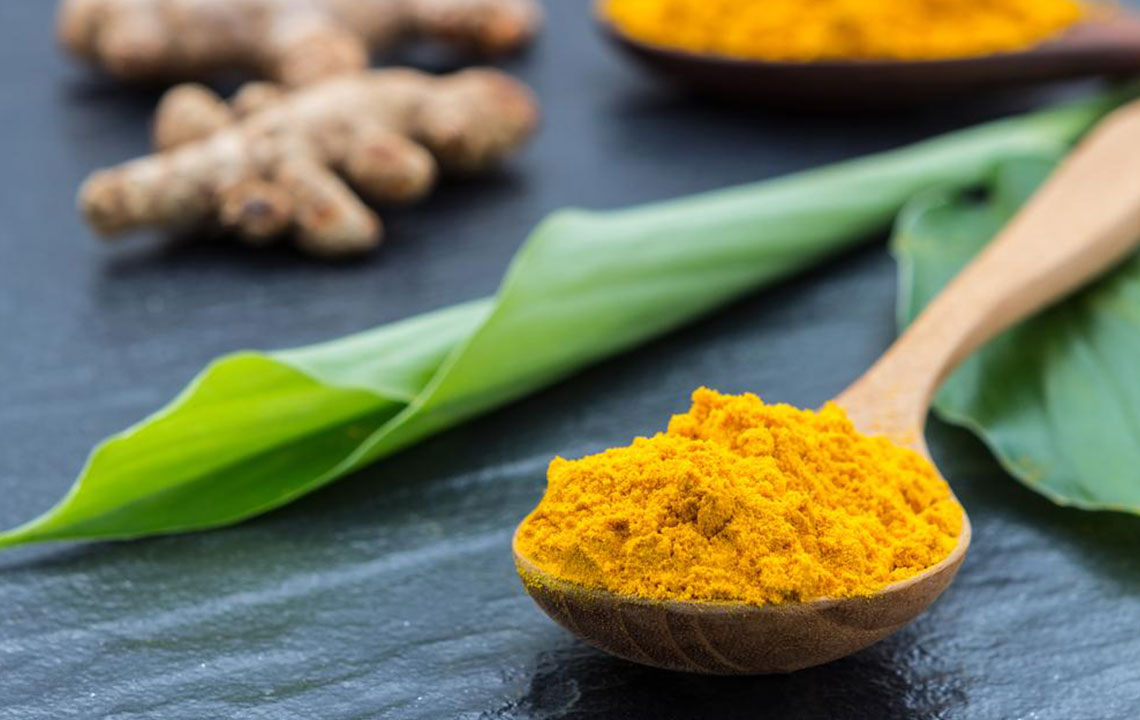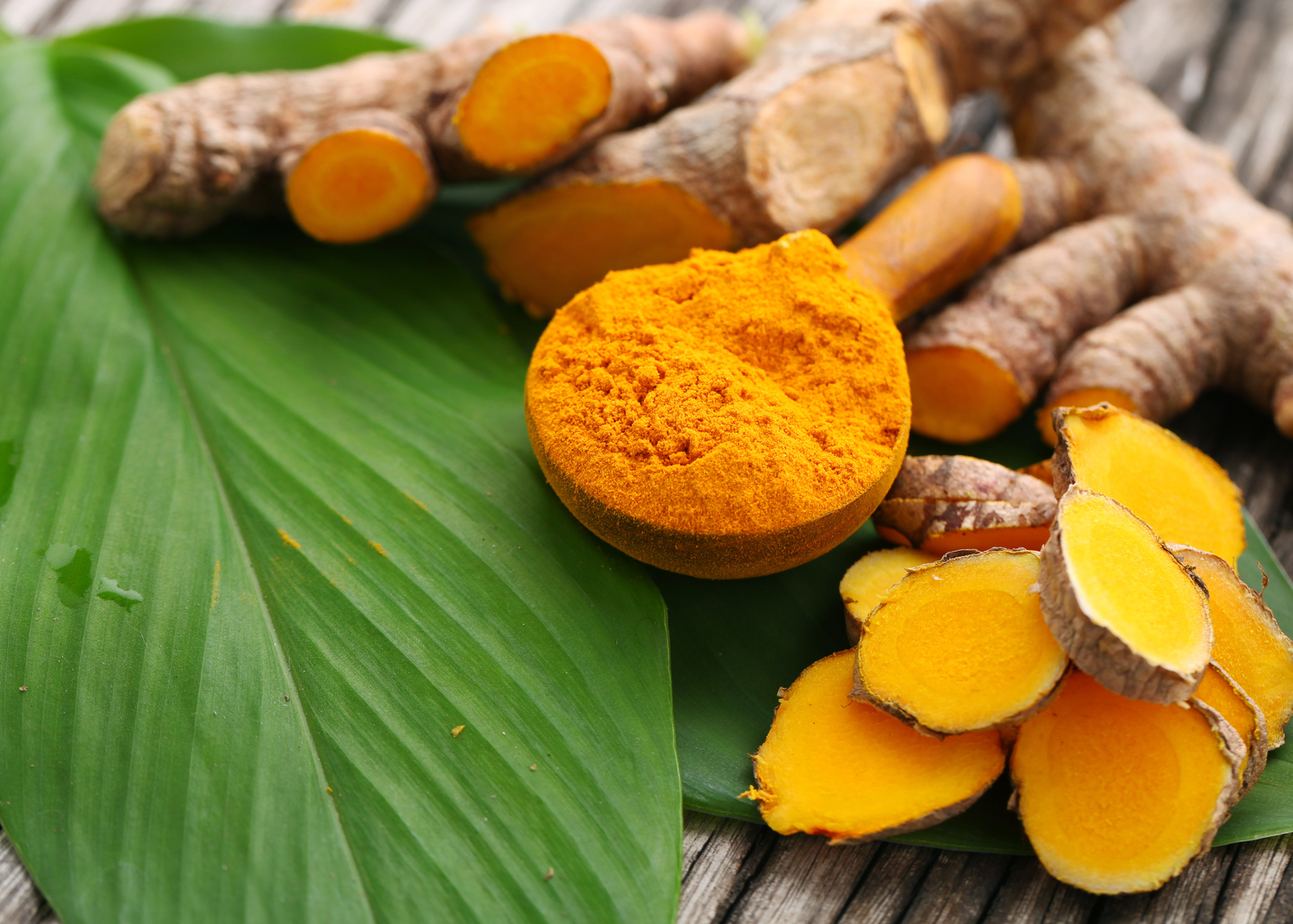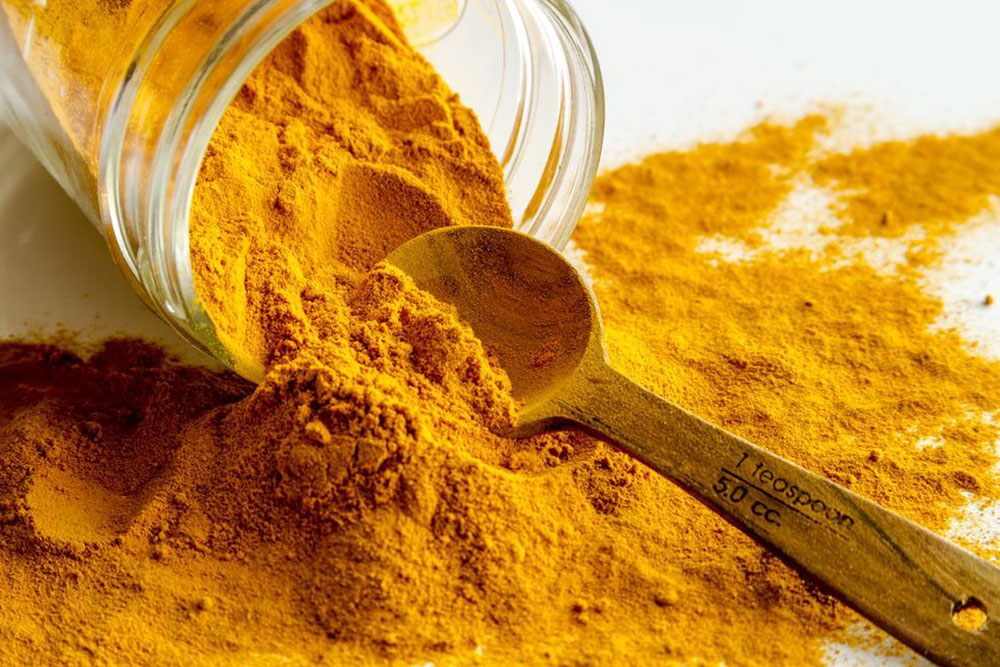Ultimate Guide to Turmeric Supplements: Benefits and Precautions
Discover the health benefits of turmeric supplements, including anti-inflammatory and antioxidant properties. Learn about the potential uses for treating various conditions like joint pain, digestive issues, and more. Find out important safety tips and interactions to ensure safe consumption and maximize benefits from turmeric supplementation.

Turmeric is a widely used spice, especially in Indian cuisine, known for its warm, bitter flavor. It enhances many Asian dishes and has traditional uses as a natural disinfectant. Derived from the rhizomes of the Curcuma longa plant, which belongs to the ginger family, turmeric contains a key compound called curcumin, responsible for its vibrant yellow color and health benefits. Curcumin comprises 2-6% of turmeric and acts as a potent antioxidant with anti-inflammatory effects.
Curcumin helps reduce inflammation, making it beneficial for conditions like arthritis and potentially aiding in managing diseases such as diabetes and heart issues. Research indicates its role in targeting cancer cells and assisting in cancer treatment delivery via nanoparticles.
Why Opt for Turmeric Supplements? Clinical studies show curcumin can inhibit tumor growth, support colorectal health, and relieve joint and skin ailments. It may also lower cholesterol and improve digestive health. Turmeric is used to treat various conditions including joint pain, stomach issues, Crohn’s disease, ulcers, liver problems, and more.
Additional benefits include possible protection against Alzheimer’s disease by preventing brain plaque formation and boosting immunity. Curcumin’s anti-infection properties make it valuable for fighting bacterial and viral infections, especially in immunocompromised individuals. For diabetics, turmeric helps balance blood sugar and insulin levels, reducing risk factors for related diseases. It has also been used historically for headaches, lung infections, fibromyalgia, and menstrual discomfort.
Important precautions include possible side effects like nausea or diarrhea in high doses. Those with gallstones should consult healthcare providers before use. Interactions with medications such as blood thinners, diabetes drugs, and blood pressure medicines are possible, so consultation with a doctor is advised before starting supplementation. Pregnant women should avoid curcumin supplements. Proper medical guidance ensures safe and effective use of turmeric for health benefits.
Disclaimer: While our articles aim to provide helpful information based on research, they should not replace professional medical advice. Always consult a healthcare expert before making changes to your health regimen.










